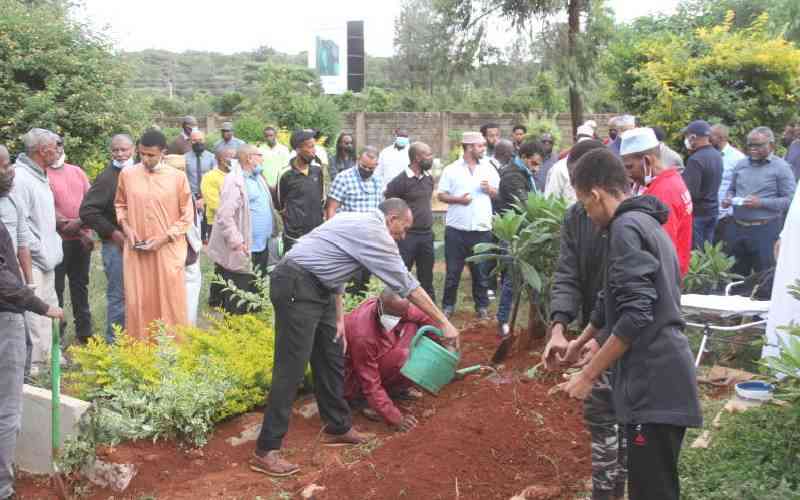×
The Standard e-Paper
Stay Informed, Even Offline

I looked at the typewriter and trembled with fear. The keyboard had suddenly hardened and the machine turned into a frightening monster. My fingers grew weak and jellylike. I could barely type. With sweat pouring down my back, I tried hard to steady my nerves.
Just as I was about to regain my bearing, the pungent cigarette smell hit me again. The smoke drifted across my neck and cheeks melting into my sweaty skin. My fuming and furious boss was once more standing behind me literally breathing fire.